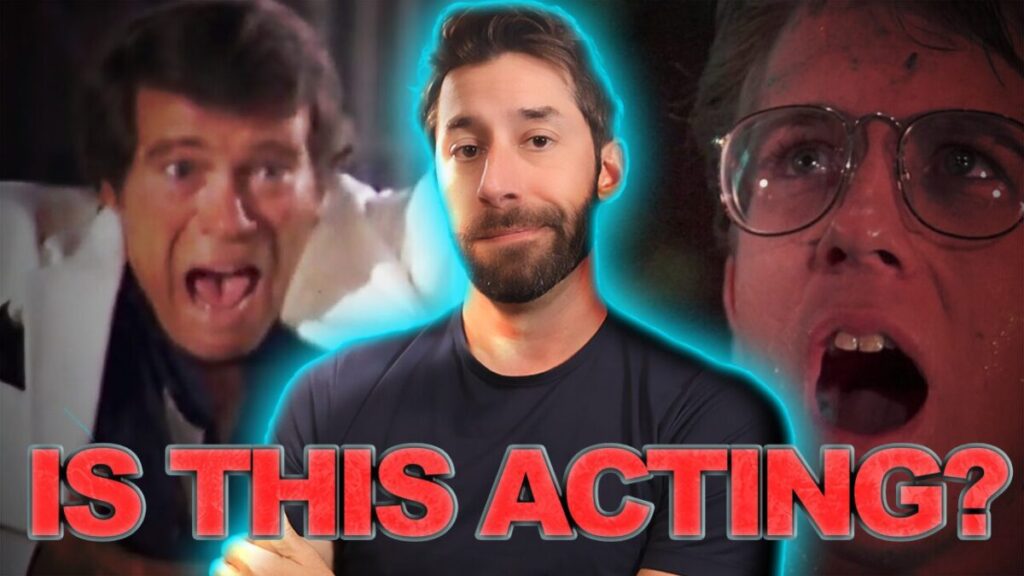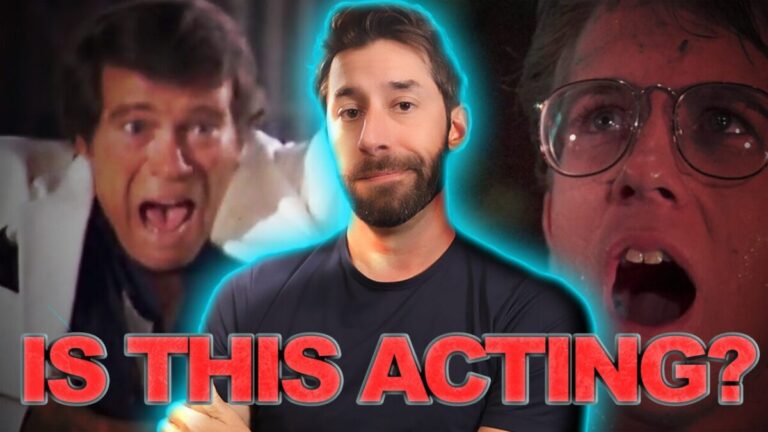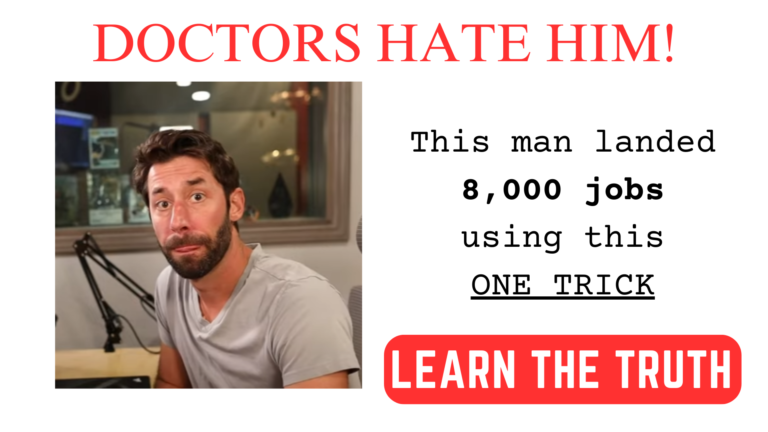I want to kick things off by tackling the purpose of acting in the most straightforward way I know how. And I mean really straightforward. My definition? It’s just three words:
Acting mimics life.
That’s it. That’s the whole thing. And I stand by it, even though every time I say this, I can feel the pushback forming in people’s brains. “Okay sure,” they say, “but were you ever a hobbit dragging a cursed ring across Middle-earth?” And fair. But that kind of response misses the actual point.
Let’s take something totally out there—Lord of the Rings, Star Wars, whatever fantasy-sci-fi epic you want. Those stories land with us not because of their dragons or lightsabers, but because they’re grounded in something real. Frodo and Sam? Luke Skywalker? They’re all dealing with stuff that hits close to home. Friendship. Fear. Responsibility. Grief. It’s all real-life emotions and experiences, just dressed up in magic cloaks and space blasters.
And here’s the kicker: those characters respond like real people. Maybe not with modern logic, but with logic that makes sense for who they are in their world. Take Joaquin Phoenix in Joker. The choices he made—however extreme—felt authentic for that person in that environment. That’s why it hit so hard. Not because he followed a list of acting techniques, but because he imitated what life might feel like from inside that character’s shoes.
Now, on the flip side, when actors don’t follow that principle—when they don’t mimic life—you end up with moments like Enter the Ninja’s iconic shuriken scene or Troll 2’s “Oh my gawwwwwd!” scene (which I won’t link here because it’s not appropriate for all ages).
Now listen. I’m not saying these actors weren’t acting. Quite the opposite—they were acting so hard, it got in the way. They had these ideas in their heads like “Okay, now I need to act surprised,” or “Now I need to act like I’ve been stabbed by a ninja,” instead of actually responding to the situation as if it were happening. And that’s the thing. When you approach performance from a checklist of theatrical tricks instead of genuine reaction, the audience can tell. You can tell.
^^Maybe a little *too* pleased with that apple juice
This is why I’m not a huge fan of a lot of traditional acting methods. They’re often way too prescriptive. “Stand here.” “Use this objective.” “Play this tactic.” And sure, if you’ve ever worked with me one-on-one—especially in something like my Pandora’s Vox program—you know I’ll never take a tool away from an actor. If Stanislavski works for you, great. If Uta Hagen lights your fire, go for it. I’m not here to shut down what’s helping you grow.
But if those methods aren’t working for you? It might be because you’re trying too hard to act, and not leaning enough into reacting. Think about it—do you prep like that in real life? Do you go to the grocery store thinking, “Okay, my objective is to acquire eggs, my tactic is charm, and my obstacle is the self-checkout machine?” Of course not. You’re just following the moment. That’s where your most honest, most effective choices come from.
And by the way, this applies outside of “traditional” acting, too. Commercials. E-learning. Audiobooks. Corporate explainers. All those things that actually pay your bills in the voice acting world? Still need to feel like life. Even if the script is stiff, even if the language is formal or robotic, you still have a point of view. You still have someone you’re talking to. You still have a reason you’re saying what you’re saying.
If you take this mindset seriously, then you start to realize—maybe there’s no such thing as acting. Maybe there’s only reacting. Every choice you make can be traced back to a trigger. An impulse. A cause. If we’re being cosmic about it, everything we do is a chain reaction from the Big Bang. So when you shove a performance into a box of how you think it’s supposed to be, you’re cutting off that natural reaction. And what’s left often feels stale, forced, or just flat-out weird.
So if your reads are starting to feel dry…
If getting into character feels like dragging your feet…
If you’re behind the mic and something just feels off…
Maybe it’s time to stop acting.
One of my favorite resources on this philosophy is Harold Guskin’s book How to Stop Acting. It’s honestly one of the few acting books I’ve ever read that didn’t make me want to throw it across the room. And if you’re looking to start your voice acting career, I’ve got a free eBook you might want to check out.
That’s it for now.
Go get behind the mic.
And for the love of Frodo, stop acting.





